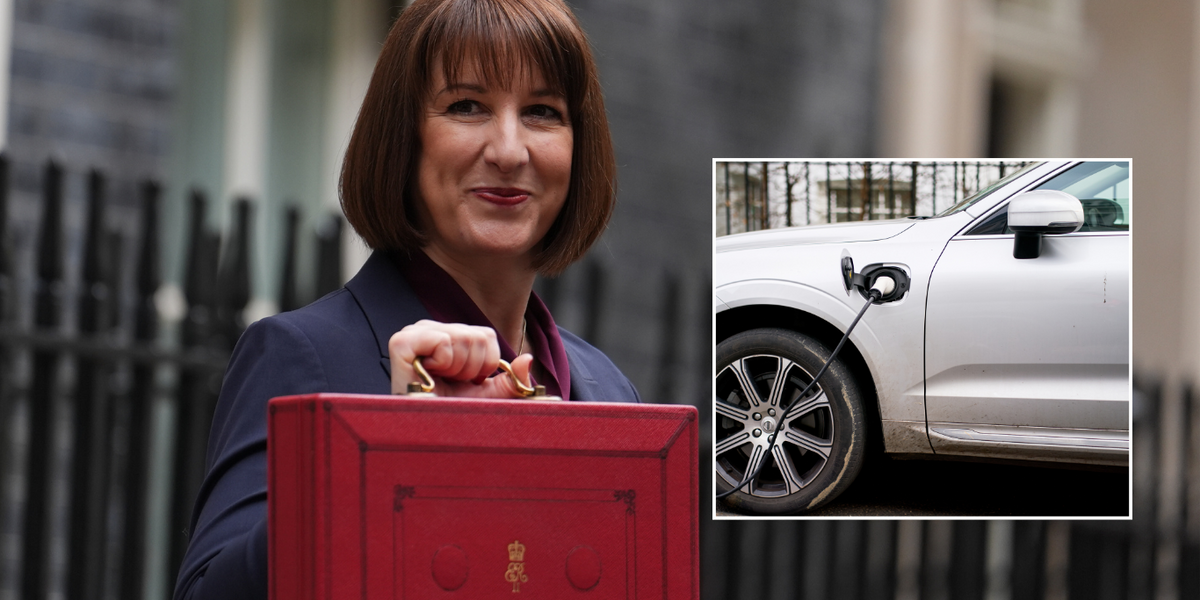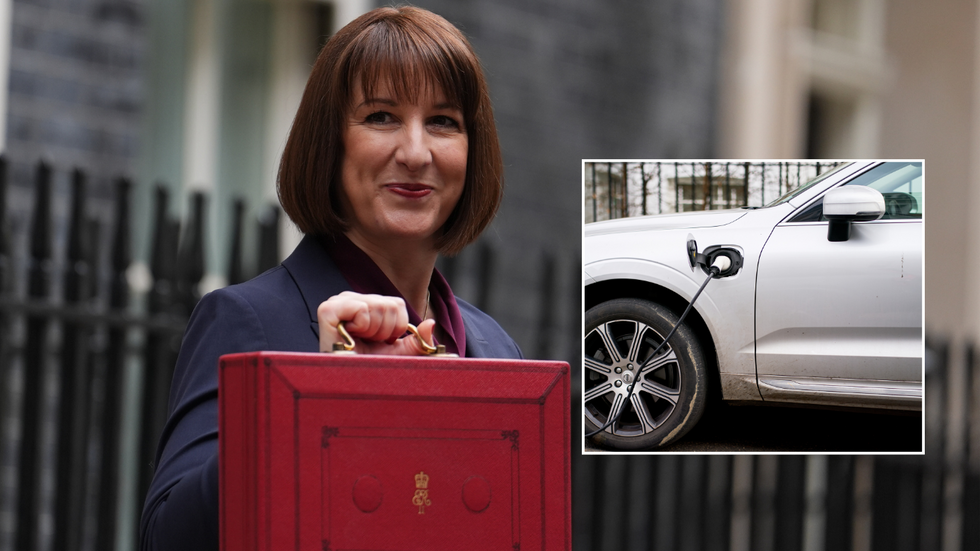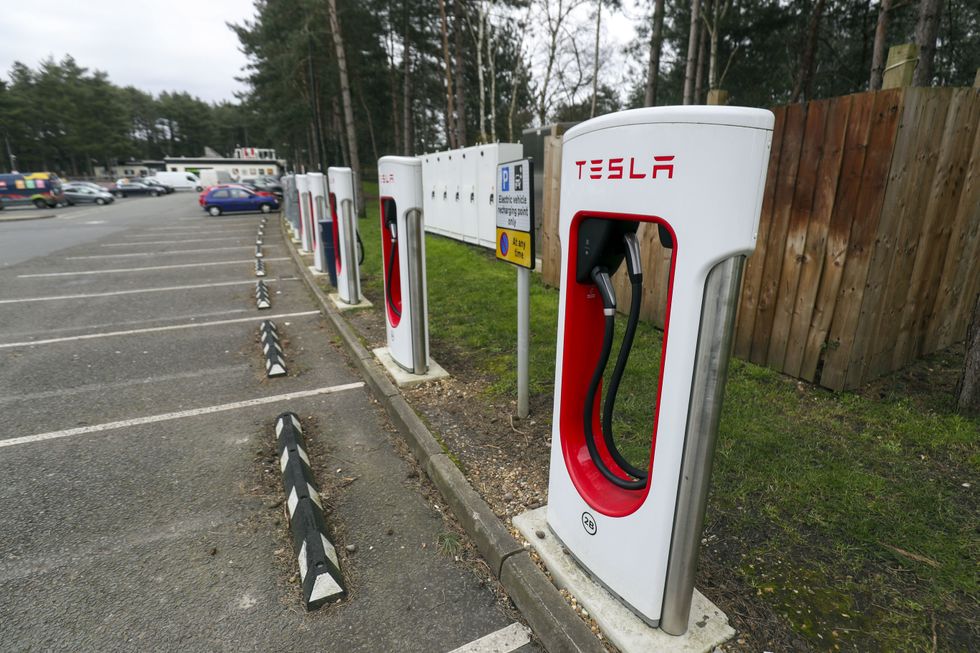



Rachel Reeves has scrapped a £900million commitment to rapid electric vehicle charging infrastructure, replacing it with just £400million spread across five years.
The Department for Transport confirmed the original fund, announced by Rishi Sunak in 2020, lacked formal budget allocation and was effectively unfunded.
The abandoned scheme aimed to upgrade electrical grids at motorway services to support multiple vehicles charging simultaneously.
Instead, Reeves allocated the reduced funding "to support the rollout of charging infrastructure" during this month's Spending Review, following an earlier £200million announcement in the Autumn Budget.

The Chancellor announced funding cuts at this year's Spending Review
PA/GETTYThe new funding will primarily target charge point installation in less affluent areas where private investment has been limited, marking a significant shift from the original motorway-focused strategy.
Industry figures have expressed strong disappointment at the decision, warning it could undermine the UK’s electric vehicle transition and net zero commitments.
The National Franchised Dealers Association has warned that inadequate charging infrastructure is now the primary obstacle preventing drivers from switching to electric vehicles.
Sue Robinson, Chief Executive of the association, said: "It is disappointing to see the failure of the Rapid Charging Fund, as a robust charging infrastructure is essential to support the growing number of EV drivers."
She warned that franchised dealers play a key role in guiding consumers through the EV buying journey, "but without sufficient charging points, many drivers remain hesitant to make the switch".
John Lewis, chief executive of char.gy, which operates on-street chargers, told The Guardian: "Couldn't the full amount have been directed towards the EV effort, whether through the continued rollout of on-street charging or other consumer incentives to give people greater confidence to make the switch to electric?"
Quentin Willson, founder of FairCharge and former Top Gear presenter, also criticised the reduction made by the Labour Government.
"Withholding unused RCF funds and not diverting them towards other EV charging initiatives isn't a great look for the Government. It opens them to obvious questions about their commitment to the EV transition," he said.
The funding cut comes as electric vehicles accounted for over 21 per cent of new car sales in May, a figure still short of the necessary 28 per cent for the year under the Zero Emission Vehicle mandate.
Recent polling by Ipsos Mori revealed that concerns over charging infrastructure, rather than range, have become the main barrier to EV adoption.
The NFDA stressed that this charge anxiety must be urgently addressed to ensure consumer confidence in making the transition to zero emission vehicles.
The original Rapid Charging Fund had faced persistent delays with the scheme, entangled in implementation difficulties and concerns about potentially favouring certain motorway service operators over others.

The funding has been reduced to £400million spread across five years
PAA Department for Transport spokesperson stated: "The rapid charging fund was designed to support the rollout of charging infrastructure on motorways and major A roads, but the previous Government did not set out detailed plans to deliver this."
Despite the funding reduction, Britain's charging infrastructure continues expanding rapidly. The UK surpassed 80,000 public chargers in May, marking a 29 per cent increase from the previous year, according to data company Zapmap.
Robinson concluded: "Franchised dealers are the trusted voice for consumers in the EV transition. We remain committed to working with policymakers and industry partners to ensure the UK's shift to electric mobility is both seamless and sustainable."
Despite this, the NFDA did welcome the Government's new £400million initiative, but stressed the importance of streamlined processes and collaboration with industry stakeholders to avoid similar pitfalls.
